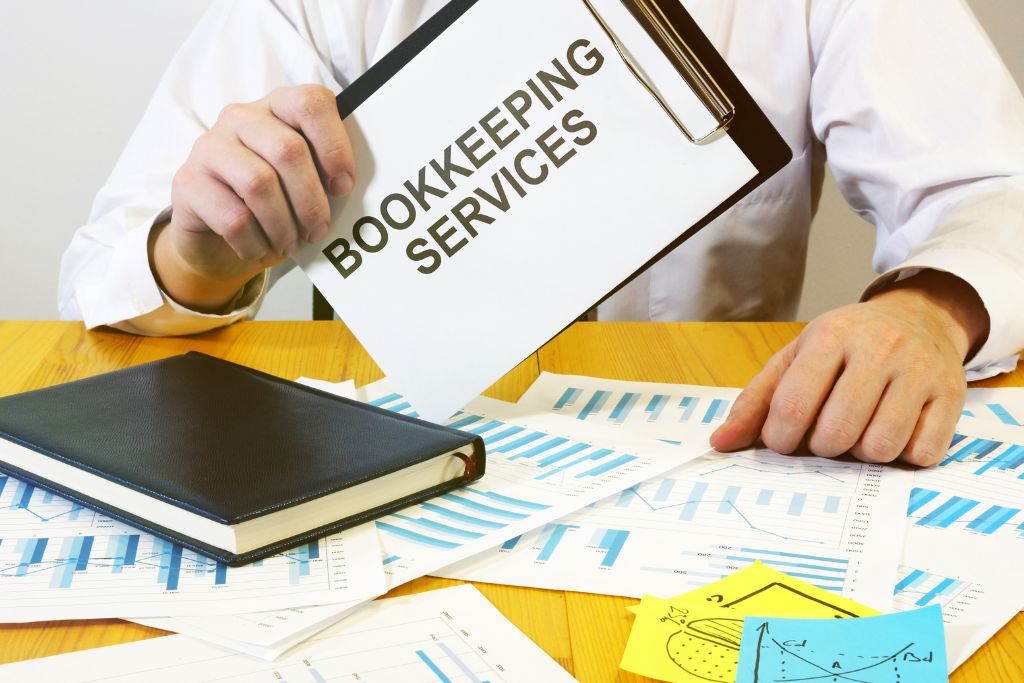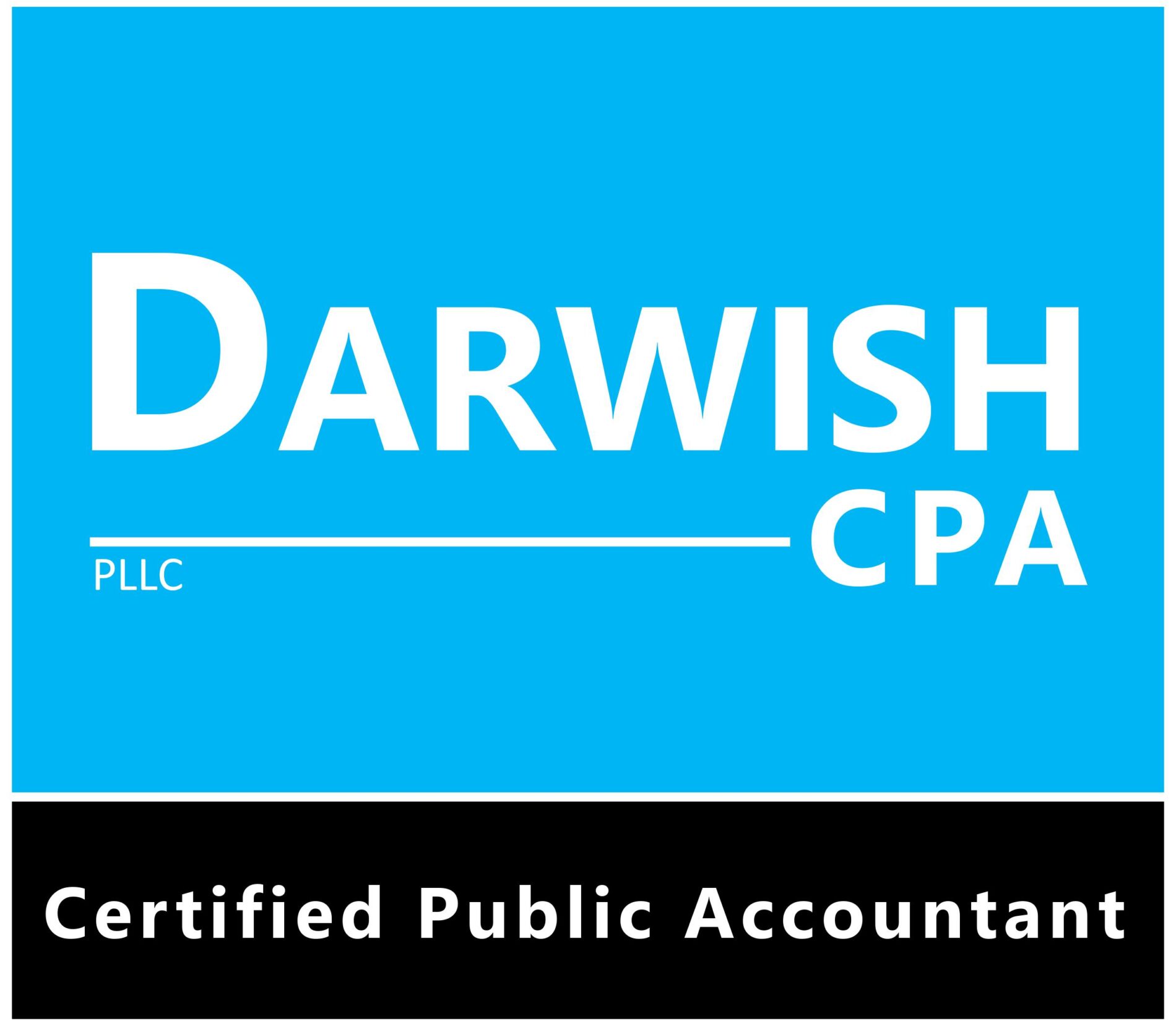
Master Your Finances With Darwish Cpa A Bookkeeping Checklist For Thriving Businesses
The key to running a business is maintaining organization. One of the most important ways to stay organized is by managing your finances well. A bookkeeping checklist helps you do just that. The bookkeeping checklist is similar to a basic to-do list for your money. It helps you keep track of your income, expenses, and other financial tasks. When you use a checklist, you ensure that nothing is forgotten and keep your business running smoothly.
In this blog, we’ll discuss why a bookkeeping checklist is important, what should be on it, and how to create one. Let’s begin to manage your company’s money successfully!
The Power of a Bookkeeping Checklist: Unlocking Financial Success
A bookkeeping checklist lists tasks that help you manage your business’s money. It could include recording expenses, checking bank accounts, or filing taxes on time.
Following a checklist ensures you take all the necessary steps to keep your business’s finances in order. It’s a way to stay organized and keep your financial records current.
Why You Need One
Managing your finances can feel overwhelming, especially when there are so many things to do. With a checklist, remembering important tasks or making mistakes is easy. A bookkeeping checklist helps you stay on track and makes it easier to manage your money. It keeps everything organized and prevents mistakes, saving you time and money.
10 Essential Tasks to Keep Your Business on Track
To ensure your finances are in order, it’s helpful to divide your tasks into daily, weekly, monthly, and annual categories. This way, you will know exactly what must be done and when.
Here are 10 important tasks to include in your bookkeeping checklist:
-
- Track Daily Expenses: Keep a record of every expense, no matter how small. Your understanding of where your money is going will improve as a result.
- Reconcile Bank Accounts Weekly: To ensure everything matches, compare your bank and business records weekly.
- Review Cash Flow: Check regularly how much money is coming in and going out of your business.
- Send Invoices and Follow-Up: Ensure you send invoices on time and follow up if customers haven’t paid.
- Pay Bills on Time: Paying bills on time helps avoid late fees and keep your business running smoothly.
- Review Financial Statements: Review your financial reports regularly to understand your business’s financial health.
- Prepare for Taxes: Track your business’s income and expenses so you’re ready for tax season.
- Process Payroll on Time: If you have employees, pay them on time and handle any necessary tax withholdings.
- Update Your Financial Software: Keep your accounting software up-to-date with the latest transactions and records.
- Create Financial Reports: Regular reports can help you make better business decisions by giving you a clear picture of your finances.
By following this checklist, you’ll stay on top of your finances and avoid missing any important tasks.
How to Create a Bookkeeping Checklist: A Step-by-Step Guide
Step 1: List All Key Financial Tasks
Start by writing down all the tasks you need to keep your finances in order. These include tracking expenses, reviewing your bank accounts, or preparing taxes. To ensure you remember everything, put everything in writing.
Step 2: Categorize by Frequency
Once you have your list, organize the tasks by how often they must be done. For example, you might track expenses daily, reconcile your bank accounts weekly, and prepare taxes annually.
Step 3: Implement and Track Progress
Put your checklist into action! Cross each activity off your list as you complete it. This will help you stay on track and make sure everything is done when it should be. You can use a simple spreadsheet or bookkeeping software to keep everything organized.
Common Bookkeeping Mistakes and How to Fix Them with Your Checklist
- Neglecting Reconciliation: You may miss mistakes or discrepancies if you don’t compare your bank statements with your business records.
- Mixing Personal and Business Expenses: To avoid confusion and errors, keep your personal and business expenses separate.
- Not Tracking Small Expenses: Small expenses can add up over time. Every cost, no matter how minor, should be tracked.
How a Bookkeeping Checklist Helps
A bookkeeping checklist helps prevent these mistakes by keeping you organized. It ensures you reconcile your accounts, separate personal and business expenses, and track them carefully. This will save you from costly mistakes and help keep your finances in order.
Why Your Bookkeeping Checklist is the Key to Business Growth
When your finances are organized, you can make better decisions for your business. You will have a clear understanding of your financial situation and your spending limits. This helps you plan for growth, whether hiring new employees or investing in new equipment.
A good bookkeeping checklist also prepares you for tax season. When your financial records are up-to-date, you won’t have to scramble at the last minute to get everything ready for taxes. You’ll avoid penalties and possibly save money by claiming all the deductions for which you qualify.
Keeping Track of Your Finances Possible
In conclusion, having a monthly bookkeeping checklist is essential for any business. It helps you stay organized, prevent mistakes, and keep track of your money. With a checklist, you’ll easily handle all your financial tasks on time and with ease.
Now that you understand the importance of a bookkeeping checklist, it’s time to create your own. Start by listing all the financial tasks you need to handle, organizing them by how often they should be done, and tracking your progress. Don’t wait any longer—get started on your bookkeeping checklist today and take control of your business’s financial future!
FAQs
Why do I need a bookkeeping checklist for my business?
A bookkeeping checklist helps you stay organized and on top of your finances. It ensures you don’t forget important tasks like paying bills or filing taxes on time.
How often should I update my bookkeeping checklist?
You should update your checklist based on how often tasks must be completed. Some tasks, like tracking daily expenses, should be completed daily, while others might be completed weekly, monthly, or yearly.
What tasks should be on my bookkeeping checklist?
Your checklist should include tracking expenses, reconciling bank accounts, paying bills, reviewing financial statements, and preparing for taxes.
Can a bookkeeping checklist help my business grow?
Yes! A checklist keeps your finances organized, helping you make better decisions and plan for growth without the stress of last-minute tasks.
How do I start my bookkeeping checklist?
Start by listing all the financial tasks your business needs. Organize them by how often they need to be done, and keep track of progress as you go.
Want to get your business finances in order? Start using a bookkeeping checklist with Darwish CPA today. Reach out to us now in Allen, TX for expert help and make managing your finances easy!
Also read:
Boost Profit Margins with Darwish CPA: Why You Need Bookkeepers for Small Business Success



